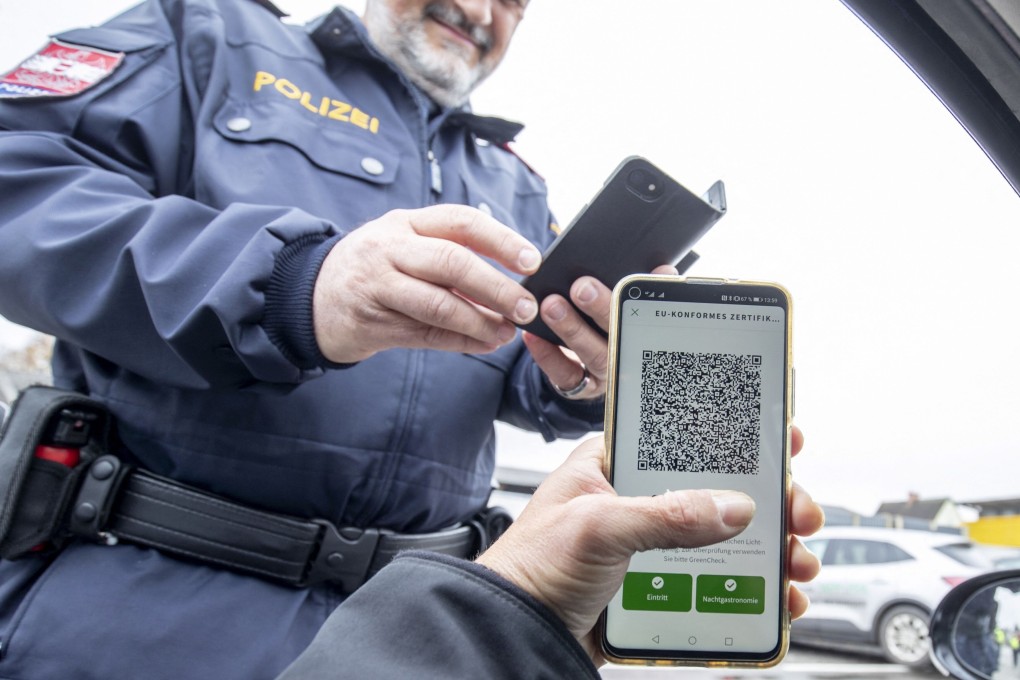Coronavirus: after Austria, other EU nations eye tough rules for unvaccinated
- Austria locks down unvaccinated as Europe fights fresh Covid-19 wave
- Czech Republic and Germany also considering tougher measures

The Czech Republic and Germany were considering curbs for the unvaccinated, as western Europe once again finds itself at the heart of the Covid-19 pandemic.
Austria’s lockdown means people over 12 who are not vaccinated or cannot show that they have recently recovered from Covid will not be allowed to leave the house except for reasons such as buying essential supplies, exercise or seeking medical care.
Austria has inoculated about 65 per cent of its nine million people, below the EU average of 67 per cent.
But over the past seven days, 128,813 people have received their first dose, up by more than 50,000 from the previous week.
Austrian Chancellor Alexander Schallenberg said that the “threat scenario” created by the controversial lockdown was already “having an effect”, as more people come forward to get vaccinated.